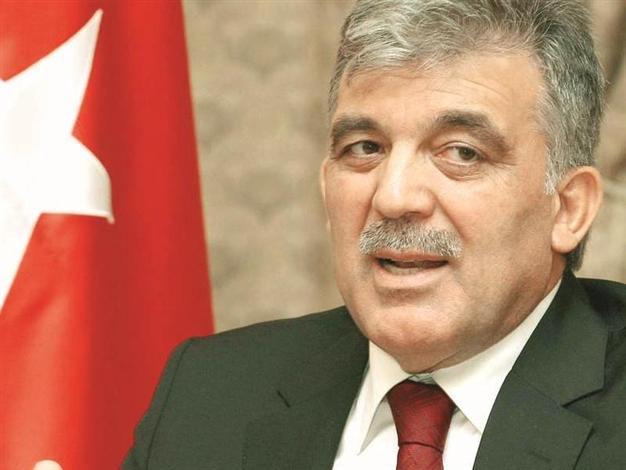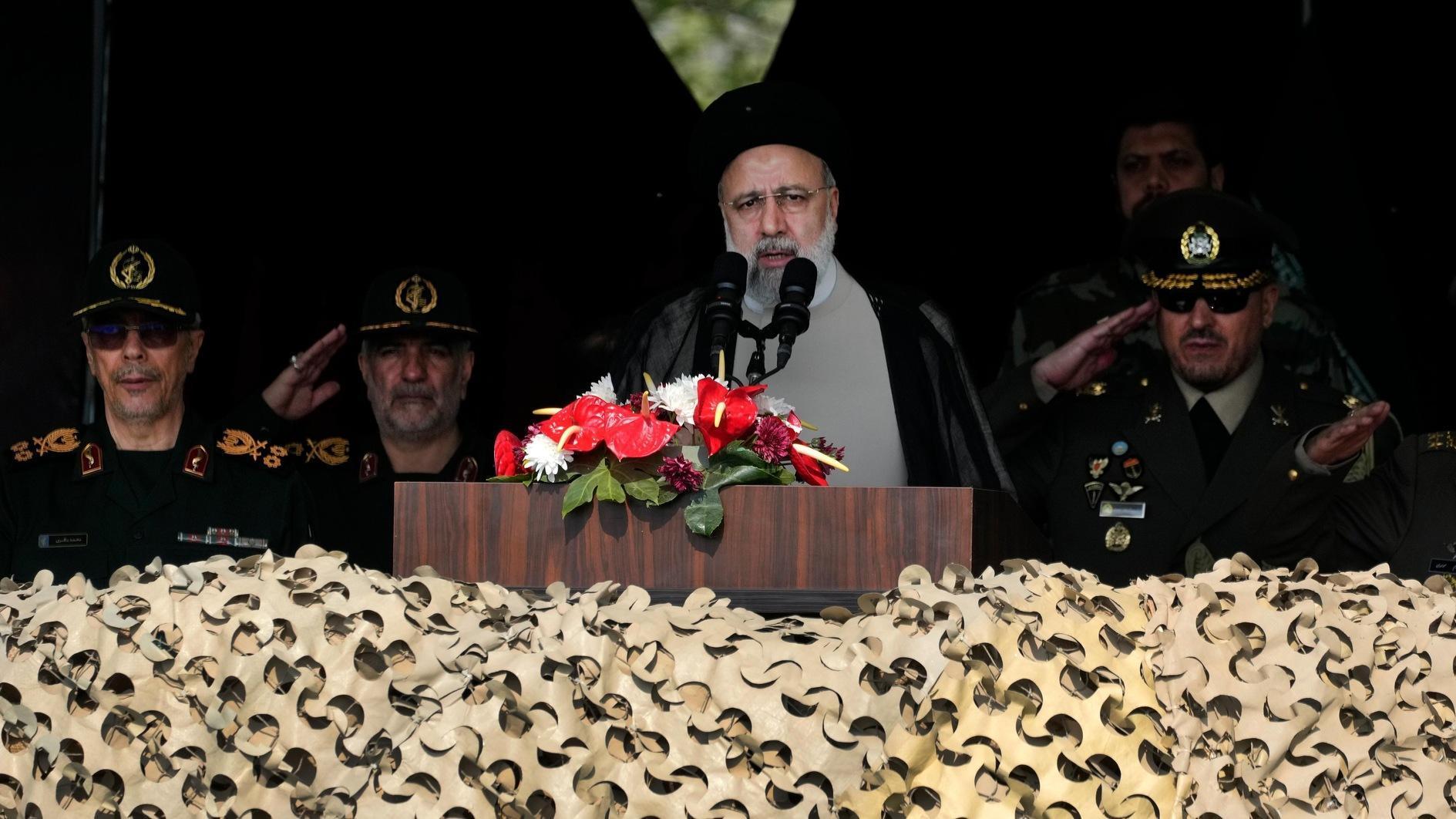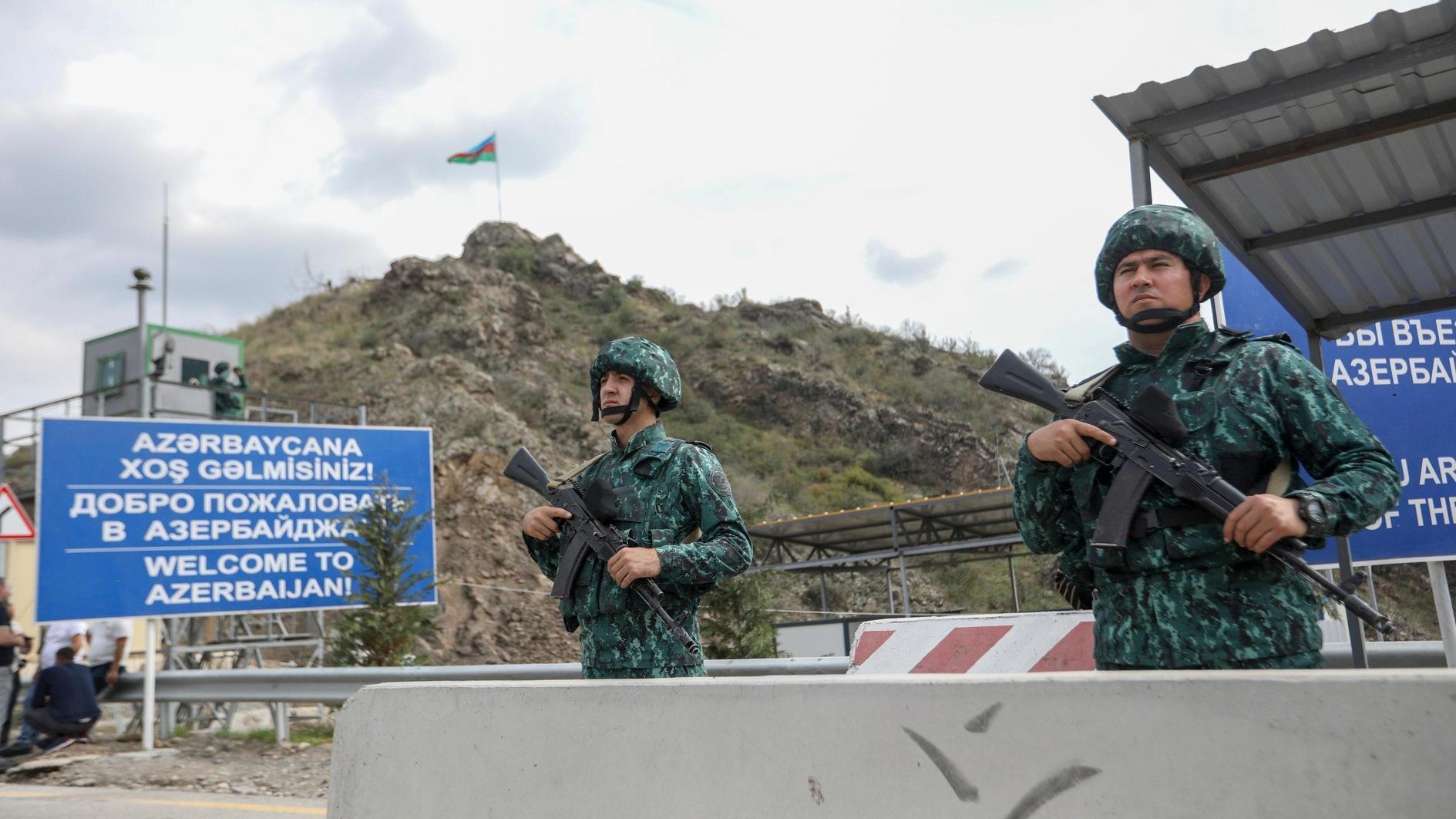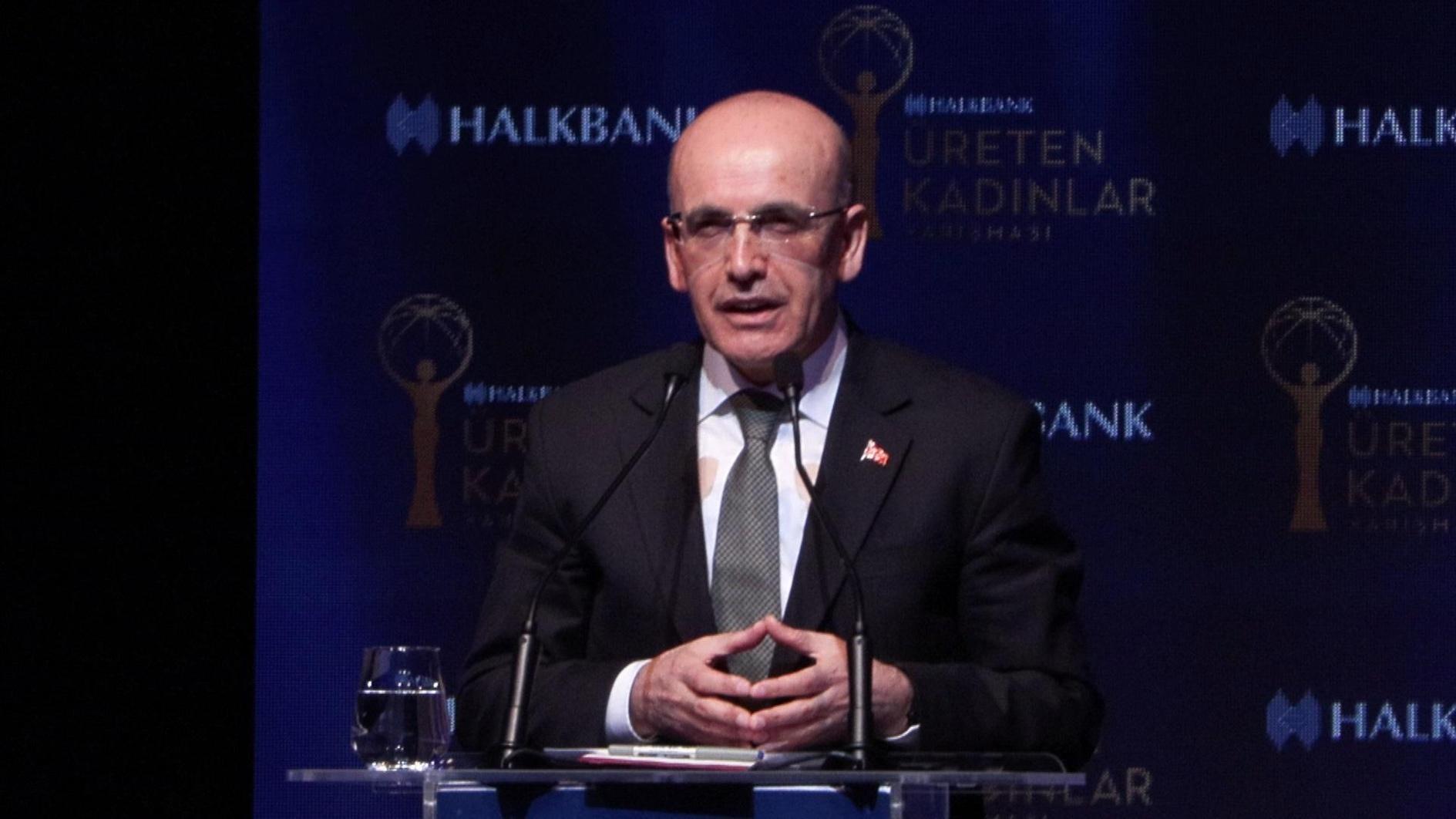Sectarian clashes lead to calamity, Gül warns
MECCA

The current uprising in Syria is not an ideological one, says President Gül. AA photo
The Turkish president has issued a warning about the inter-sectarian tension currently on the rise in the region, specifically in Iraq, Syria and Lebanon, which he said may lead to a great catastrophe.The Islamic world should not be allowed to face what Europe experienced during the Middle Ages, President Abdullah Gül said, referring to escalating sectarian tension in the region.
“[The Islamic world] shouldn’t be allowed to go through what Europe experienced in the Middle Ages, or it will see a great catastrophe,” Gül told reporters after the meeting of the Organization of Islamic Cooperation (OIC) in Mecca late Aug. 15. “As I told other leaders, [Turkey’s] policies are not motivated by sectarian tensions. Dictators can be Shiite or Sunni. Saddam Hussein was a Sunni. Gaddafi was a Sunni. Iraq is the typical example of this. Half of Iraq is Sunni and the other half is Shiite. If we were to look sympathetically upon a Sunni dictator, we would be making a great mistake,” Gül said.
Turkey does not oppose the Baath regime in Syria, due to the fact that most of its members belong to the Alawite sect, but because of the regime’s actions, Gül said. “If the people Syria have legal demands and you are not listening to what they are saying, then you don’t have legitimacy. Whoever performs cruel, inhumane [acts] and whoever governs his country in a way that cannot be counted as acceptable under today’s conditions, we are against,” he said.
The current uprising in Syria is not an ideological one but a struggle of the people, Gül said. “If the prime minister of this country flees a month after being appointed to his post and declares that he will fight against the regime, this is not an issue of ideological groups, but of the Syrian people. Syrian generals and officers started this struggle; this is important,” Anatolia news agency quoted Gül as saying.
The OIC suspended Syria’s membership yesterday, saying it could no longer accept a regime that “massacred its people.” The OIC’s decision was meant to send “a strong message from the Muslim world to the Syrian regime” of President Bashar al-Assad, OIC chief Ekmeleddin İhsanoğlu said.
Iranian Foreign Minister Ali Akbar Salehi criticized Syria’s suspension from the OIC, and said the move was in contradiction of the organization’s charter.
Gül held bilateral meetings with various leaders on the sidelines of the OIC summit, including Iran, Egypt and Pakistan. He expressed concern over the violence in Syria to his Iranian counterpart Mahmoud Ahmadinejad. Gül and Ahmadinejad discussed the steps necessary in order to settle the political crisis in the country.
In Beijing, China’s Foreign Minister Yang Jiechi urged a visiting Syrian envoy to implement a cease-fire and accept international mediation to end the violence currently wracking the country. “China urges the Syrian government and all concerned parties… to quickly implement a ceasefire to end the violence and start political dialogue,” Yang told Syria’s Bouthaina Shaaban, according to a government statement.
Ahmadinejad underlined Iran’s intention to make strong efforts to establish peace, tranquility and stability in Syria, according to Fars news agency. “Iran would do anything it can for the establishment of peace, stability and justice in Syria, so that people there are no longer being killed and the situation will cease to be so complicated,” Ahmadinejad said.
On the issue of Iran’s nuclear program, Gül said they had been acting in line with policies and principles, adding that finding a solution through peaceful diplomatic dialogue was the most beneficial option for all parties, particularly Turkey.
The OIC summit also decided to take the issue of Myanmar’s Muslim Rohingyas, displaced by deadly sectarian violence, to the United Nations.
















